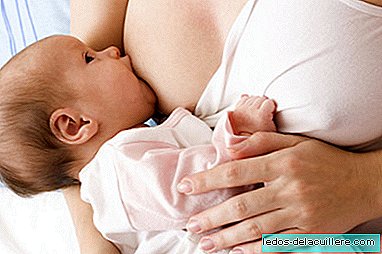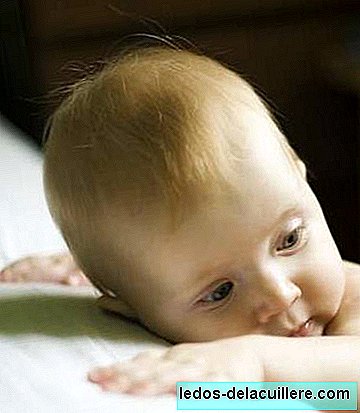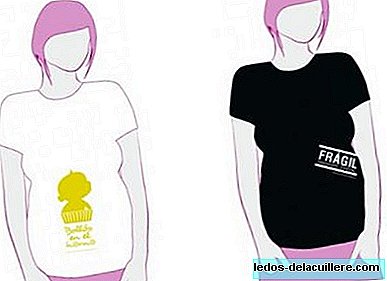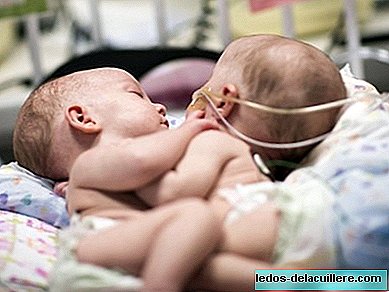
Breastfeeding has countless benefits for the baby, and one of them is protection against asthma symptoms. A recent study presented at the XIII International Breastfeeding Symposium promoted by Medela, has yielded new conclusions regarding the protective role of breast milk against respiratory diseases in babies
Asthma is the most frequent chronic disease in children, and although it usually manifests between six and 14 years, between 20 and 50 percent of babies experience any episode of wheezing before reaching their first year of life, a condition which represents an important risk factor for the future development of asthma.
The International Breastfeeding Symposium, held in Paris on March 22 and 23, brought together more than 650 pediatricians, neonatologists, midwives and heads of the NICU (Neonatal Intensive Care Unit) around the world, to learn about new scientific evidence on breastfeeding.
The protective role of breast milk against respiratory diseases
One of the studies presented, led by Meghan Azad, associate professor of Pediatrics and Child Health at the University of Manitoba (Canada), highlighted the protective role of breast milk against respiratory diseases, especially in cases of babies with asthmatic mothers.
This study, a pioneer in its field, has been carried out by scientists from 20 different disciplines and it has been carried out, prospectively, comprehensive measurements of symptoms and attributes in children between zero and five years, their mothers and their environments .
The data presented have determined that breast milk not only helps the maturation of the immune system and promotes the proper development of the baby's respiratory system, but is also a powerful shield against lung diseases.
Babies fed exclusively with breast milk during the first six months are up to 33 percent less likely to develop wheezing or wheezing in their first year of life.The protective role of breast milk, and prevention of respiratory diseases, becomes more relevant when the mother is asthmatic, because in these cases exclusive breastfeeding reduces up to 62 percent the episodes of panting in babies.
Beyond six months, breastfeeding continues to favor children's lung development, so that even if the complementary feeding is started, the mother's milk should continue to be maintained due to the countless benefits that it brings, and in the cases of babies with asthmatic mothers, breastfeeding should be prolonged as long as possible.

However, study data has revealed that Babies who abandon breastfeeding or combine it with formula milk, experience twice as many gasping episodes and major breathing difficulties.
Hence the experts gathered at the XIII International Symposium on Breastfeeding have appealed to the importance of raising awareness about the preventive role of breast milk against asthma
What are wheezing?
Wheezing is one of the main causes of hospitalization during childhood. These are episodes in which babies have difficulty breathing for at least 15 minutes, producing a wheeze in their chest at each inspiration.

According to the study, between 20 and 50 percent of newborns experience at least one episode of wheezing or wheezing before their first year, constituting an important risk factor in the future development of incurable respiratory diseases such as asthma.
So, protecting the baby from wheezing too we will be protecting it against the development of asthma, both in its first years of life and a posteriori, a disease that according to the Spanish Society of Pulmonology and Thoracic Surgery (SEPAR), affects 2.5 million children and adults in Spain.
Men, more likely to develop wheezing
On the other hand, according to this study sex has been identified as a risk factor in the development of respiratory diseases. Thus, it seems that boys would have a greater predisposition to wheezing and wheezing than girls.
Although the origin of this difference has not yet been demonstrated, some hypotheses argue that it could be caused by the female hormones present in breast milk. Since men and women respond differently to sex hormones, the effects of breastfeeding may also be different.
But it must still be deepened in order to provide more conclusive data.
Photos | iStock












